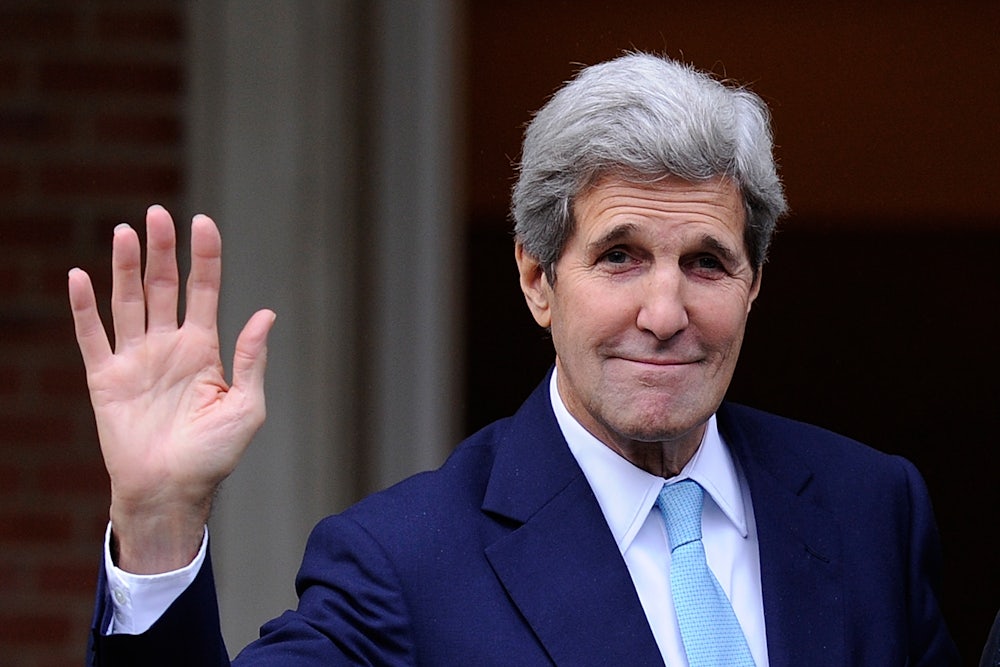Kerry’s speech has rightfully been portrayed as “the latest salvo in a final conflict” between Benjamin Netanyahu and Barack Obama, who have never quite trusted each other, even as the United States has increased aid to Israel. It will push back at Israel’s version of the events that led to the United States refusing to veto a non-binding UN resolution calling for an end to Israeli settlement-building in occupied Palestinian territory. Since that vote five days ago, Israel has lashed out at the United States, which it has accused of “orchestrating” the resolution, and at many of the countries that voted for it, including New Zealand and Ukraine. (On Tuesday, it was reported that the United States discussed the resolution with Palestinian representatives before the vote, something the U.S. strongly denies.) According to an official who spoke to the New York Times, Kerry plans on making the case that Obama “did not blindside Israel,” and that there was “complete international consensus” against settlements.
But according to reports, this is also a speech that Kerry has also wanted to give for years, one that will outline his vision or a lasting Israeli-Palestinian peace deal—something that Kerry nearly orchestrated two years ago before it fell apart. In this sense, it is a fitting end for Kerry’s time as secretary of state. A recent CNN profile described Kerry as “an indefatigable optimist, a warrior—occasionally quixotic, always gung ho—who refuses to stop until he’s made every last phone call, bent every last ear, appealed to every last world leader who might help him in his quest.”
That’s a tad purple, but it rings true: In an era of diplomacy that is increasingly defined by incredibly cynical actors—Israel under Netanyahu certainly falls under this category, but so do Iran and Russia, two other countries that Kerry has had extensive dealings with. Rex Tillerson, the incoming secretary of state, comes from ExxonMobil, which is perhaps the most cynical corporation in the country—it treats itself as a global company, not an American one, and treats its home country as one of many persnickety countries it has to work with to make money. But Kerry is, in many ways, a throwback—someone who believes that compromise and careful diplomacy can find common ground between self-interested actors. Kerry’s speech may provide a broad outline of what he would like the future to look like, but it will be hard not to see it as a kind of capstone: The end of one era of U.S. diplomacy before the return of a more cynical version.
